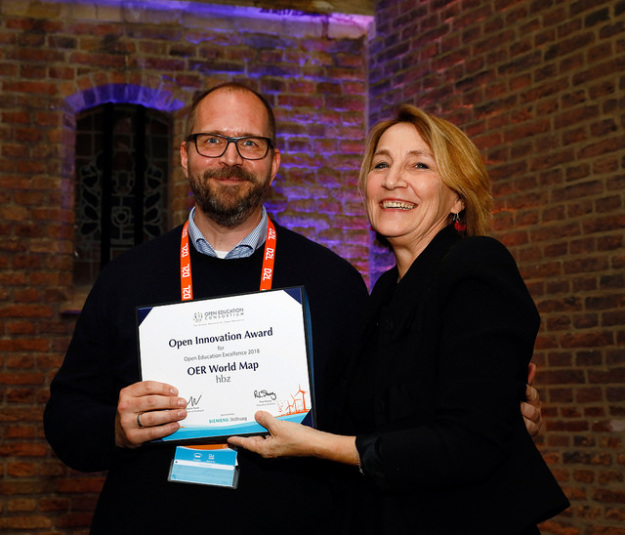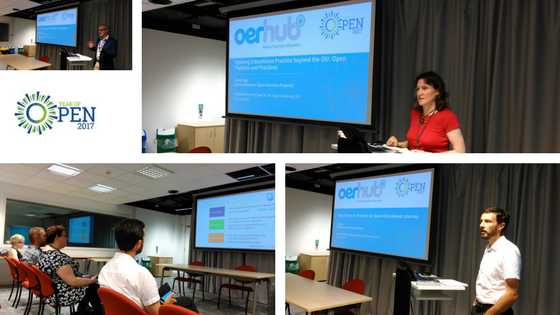David began by running out of the room (to jump in the chilly outside pool) only to be followed on camera in a segue that led to a video documentary (‘The Avalanche That Never Happened’) about the ‘deliverology’ which vexes UK education. In the UK, in the mid 1990s Michael Barber (then a professor at the University of Keele) was invited by the government to consult with a view to improving literacy and education. He advocated the replacement of public schools with private institutions, notably at Hackney Downs. At the time both major political parties were keen to present themselves as the party of education. This led to a change in the culture of British education which came to emphasise ‘targets’ and processes which were determined for the ‘front-line’ by ‘the top people’.
The obsession with setting and meeting educational examples led to an endemic manipulation of metrics across the public sector: education came to be a matter of passing tests and passing tests alone. Despite mounting criticism and evidence that Barber’s reforms may have been detrimental to education, the management culture he typifies remain dominant in British education despite the fact that those who espouse this approach are not themselves educators.
In more recent times a number of entrepreneurs – Jobs, Gates, Zuckerberg, Branson, many of them college dropouts – have supported the idea that there remains something inadequate about traditional approaches to education. Educational (and teacher training) models have increasingly emphasised flexibility and profitability across the world. The new model of the privately run school has become prevalent worldwide. Barbers’s recent reports continue to perpetuate this view – but he’s only an example of a class of decision makers who have real influence.
Intellectual property laws have come to play a central part in this process, spreading from the west to Asia in order to protect the rights of private companies and to gather large amounts of data about markets. Dressed in the language of ’empowering students’ and ‘globalisation’ one could see all this as the UK flavour of a wider, utopian trend. The private sector remains the only admitted source of innovation and improvement in this view of the world.
Open education exists as a genuine threat to this orthodoxy: it can provide a more personalised experience which can derive from genuine learner interest rather than the imposition of external frameworks of assessment. However, we need to move away from the culture of measurement, which is a feature of this ideology: we shouldn’t care so much about how many people use courses, what kinds of grades they get, etc. We should resist standardisation which is carried out in the name of ‘choice’.
References and more information about the film are available at http://followersoftheapocalyp.se/opened13/. The film itself (which is a pretty impressive production) is available from http://vimeo.com/78431114. (password = avalanche)





Thanks Robert – brilliant summary.